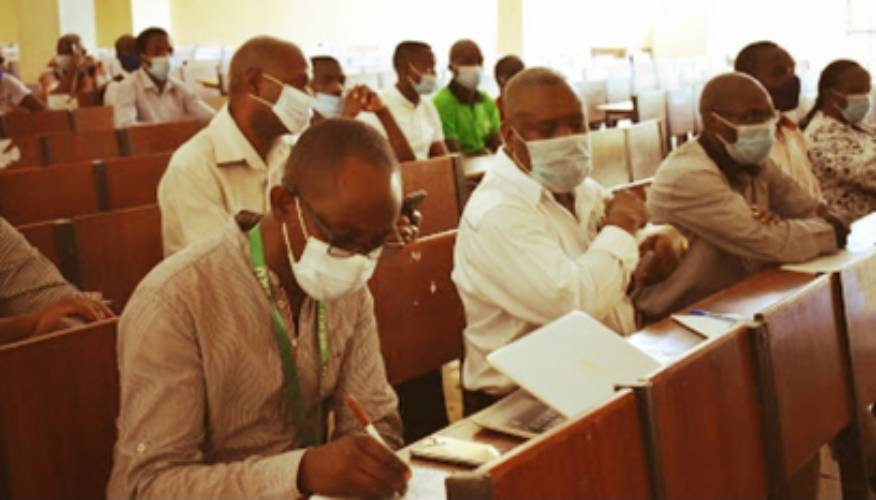×
The Standard e-Paper
Fearless, Trusted News

Climate change and climate variability pose major threats to the environment, economic growth and sustainable development.
Africa is the most vulnerable to the negative effects of climate change despite being the least polluter.